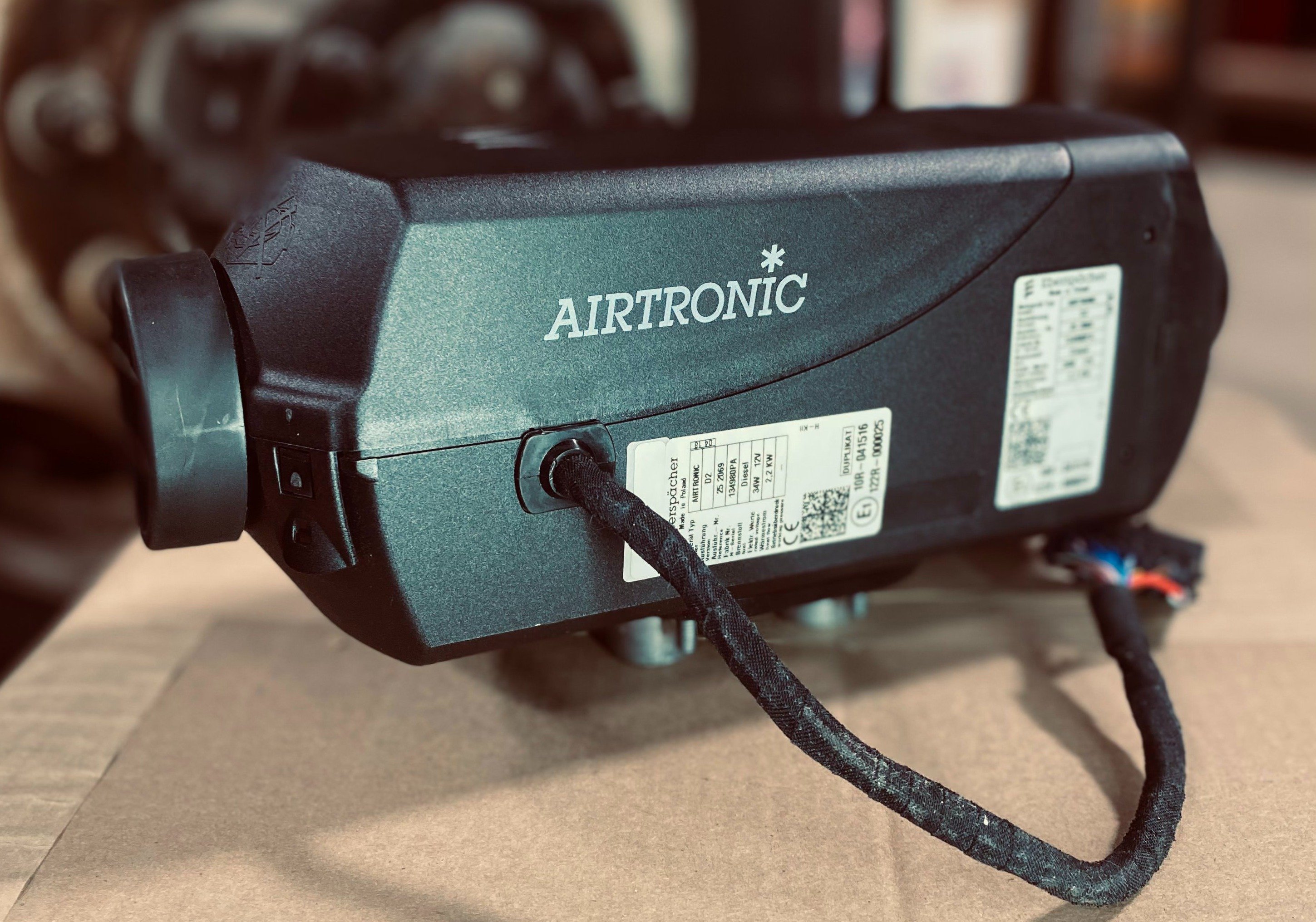Understanding Idling Regulations in New York City
by Ben Dibble | May 15, 2024 | | 0 Comments
In this blog below, you can learn more about the various regulations around engine idling in New York City and the fines associated with it.
Understanding New York City's idling regulations
New York City has strict regulations in place to control excessive engine idling. These regulations aim to reduce air pollution and improve air quality in the city. According to the New York City Department of Environmental Protection (DEP), vehicles are prohibited from idling for more than three minutes when not in motion, with exceptions for certain authorized vehicles.
The idling regulations apply to all types of vehicles, including cars, trucks, buses, and taxis. It is important for fleets operating in New York City to familiarize themselves with these regulations to avoid unnecessary fines.
On top of fuel and engine maintenance costs, excessive idling contributes to the emission of harmful pollutants such as carbon monoxide, nitrogen oxides, and particulate matter. These pollutants can have detrimental effects on air quality and public health. By enforcing idling regulations, New York City aims to create a cleaner and healthier environment for its residents.
The idling fines in New York City
Violations of the idling regulations in New York City can result in hefty fines. The fines vary depending on the type of vehicle and the number of previous violations. For passenger vehicles, the fine for a first offense is $115, while subsequent offenses can cost up to $350.
Commercial vehicles, including trucks, buses, and taxis, face higher fines for idling violations. The fine for a first offense can range from $275 to $2,000, depending on the vehicle's weight class. Repeat offenses can result in fines of up to $5,500.
It is important for drivers to be aware of these fines and take necessary measures to comply with the idling regulations. By avoiding excessive idling, fleets can not only avoid fines but also contribute to a cleaner and healthier environment in New York City.
Enforcement of idling regulations in the city
The enforcement of idling regulations in New York City is carried out by various agencies, including the New York City Police Department (NYPD) and the DEP. These agencies conduct regular patrols and inspections to identify vehicles that are in violation of the idling regulations.
In addition to traditional enforcement methods, the city also encourages residents to report idling violations through the DEP's website or by calling 311. This program has gained a lot of media attention since its inception in 2019.
The enforcement of idling regulations is crucial for maintaining air quality standards in New York City. By holding violators accountable, the city aims to create a cleaner and healthier environment for all its residents.
Idle No More
To help fleets operating in New York City, Blackburn Energy worked with the Trucking Association of New York (TANY) and Empire Clean Cities on a webinar titled "Idle No More: Solutions For Reducing Fleet Idling In New York City." In this webinar, you can listen to TANY and Empire Clean Cities discuss the these various regulations in greater detail along with helpful tips and learnings to reduce a fleet's idling. In this webinar, you can also learn more about Blackburn's hybrid charging technology can help your fleet comply with New York City's idling regulations without sacrificing performance to components like liftgates and sleeper cab appliances.
You can watch the webinar here
Most Popular
Categories
- RelGen (18)
- Anti-Idle (14)
- Charging Solutions (13)
- Battery Recharge (11)
- Electric APU (10)
- Liftgates (10)
- Preventative Maintenance (7)
- Voltage Loss (6)
- DC/DC converters (4)
- Driver Retention (4)
- Uptime (4)
- fuel savings (3)
- 48V (2)
- Blackburn Team (2)
- Solar Panels (2)
- Consulting (1)
- DOT compliance (1)
- Espar Airtronic D2 Diesel Fired Air Heater (1)
- Financing (1)
- Hardware as a Service (1)
- Power Wall (1)
- alternators (1)
- data (1)
Archives
- October 2020 (4)
- November 2020 (4)
- May 2020 (3)
- September 2020 (3)
- March 2021 (3)
- April 2021 (3)
- July 2020 (2)
- August 2020 (2)
- January 2021 (2)
- June 2020 (1)
- July 2021 (1)
- August 2021 (1)
- October 2021 (1)
- January 2022 (1)
- February 2022 (1)
- March 2022 (1)
- June 2022 (1)
- October 2022 (1)
- January 2024 (1)
- March 2024 (1)
- May 2024 (1)
- September 2024 (1)











